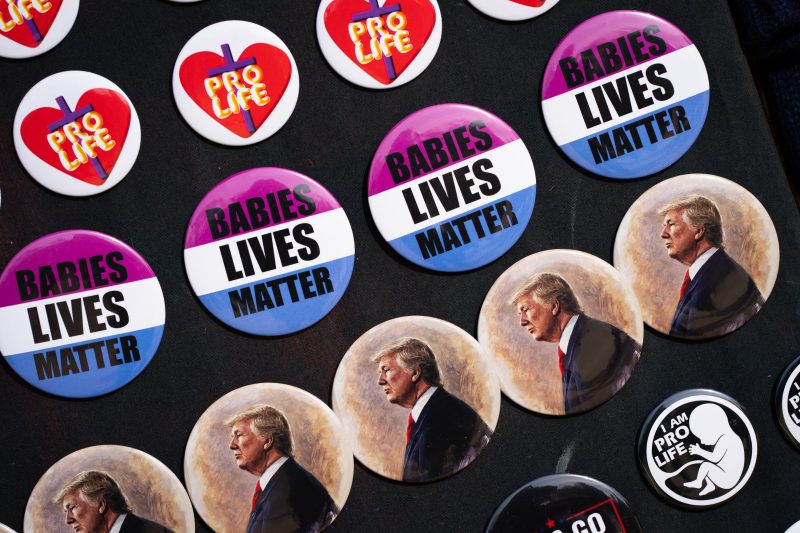
Counting on Trump: Abortion Foes Await Federal Action. Find out their expectations!
In recent years, abortion has remained a contentious issue in the United States, with opponents and supporters clashing over the legality and accessibility of the procedure. Despite numerous advancements in women’s rights and healthcare, abortion opponents still expect federal action, especially during the Trump administration. So, what could these actions potentially look like, and what impact might they have on the landscape of reproductive rights in the country?
One potential avenue for federal action on abortion is implementing further restrictions on access to the procedure. The Trump administration has already taken steps to limit abortion services by reinstating and expanding the Mexico City Policy, also known as the global gag rule. This policy prohibits foreign non-governmental organizations that receive U.S. funding from providing or even discussing abortion services. Expanding similar restrictions domestically could severely curtail women’s access to abortion and reproductive healthcare.
Another course of action that abortion opponents may push for is the appointment of conservative judges to the federal bench. With several vacancies in the U.S. court system, President Trump has the opportunity to nominate judges who may be more inclined to uphold restrictions on abortion rights. This could potentially lead to legal challenges to existing pro-abortion rights rulings, such as Roe v. Wade, which legalized abortion nationwide in 1973.
Furthermore, federal action on abortion could also take the form of defunding organizations that provide abortion services, such as Planned Parenthood. President Trump has already expressed his support for defunding Planned Parenthood and redirecting those funds to healthcare providers that do not offer abortion services. Cutting off funding to such organizations could severely impact the availability of reproductive healthcare, especially for low-income women who rely on these services.
Additionally, the Trump administration could seek to advance legislation that further restricts abortion at the federal level. While individual states have passed numerous laws regulating abortion, a federal ban on certain procedures or gestational limits could have far-reaching consequences for women across the country. Such legislation could significantly restrict access to abortion and limit women’s reproductive choices.
In conclusion, abortion opponents continue to anticipate federal action on the issue under the Trump administration. This could take various forms, including further restrictions on access to abortion, the appointment of conservative judges, defunding of abortion providers, and the advancement of federal legislation limiting abortion rights. These actions have the potential to reshape the landscape of reproductive rights in the United States, with far-reaching implications for women’s healthcare and autonomy. It remains to be seen how these expectations will manifest and what the ultimate outcome will be for abortion rights in the country.
